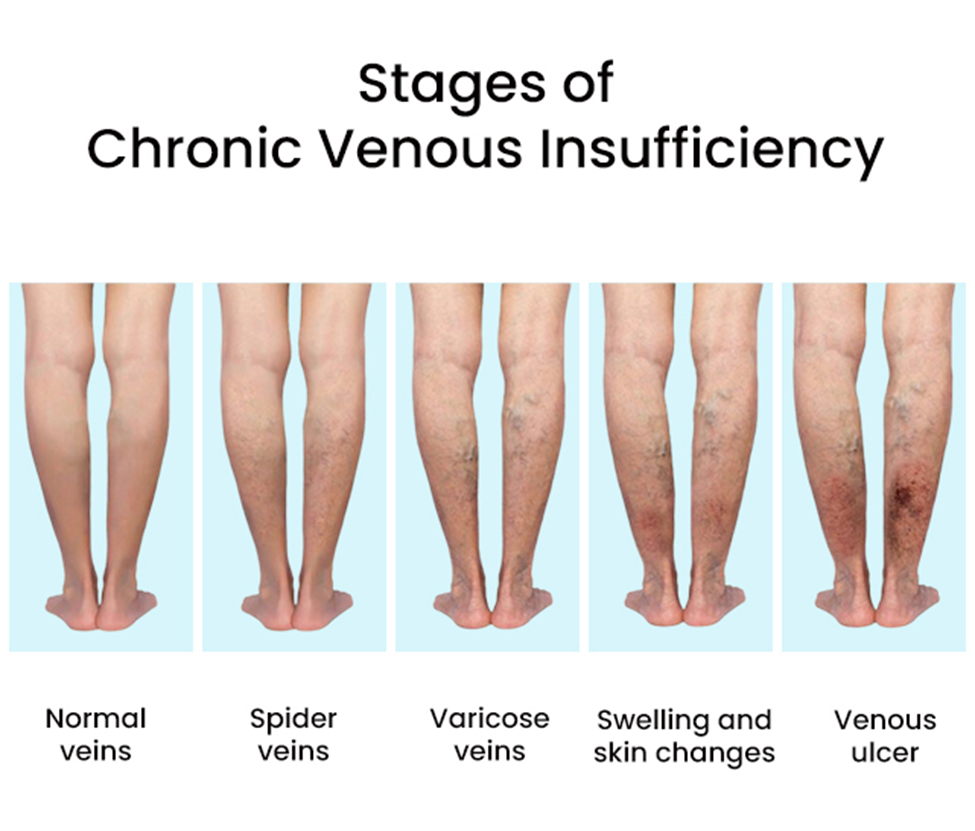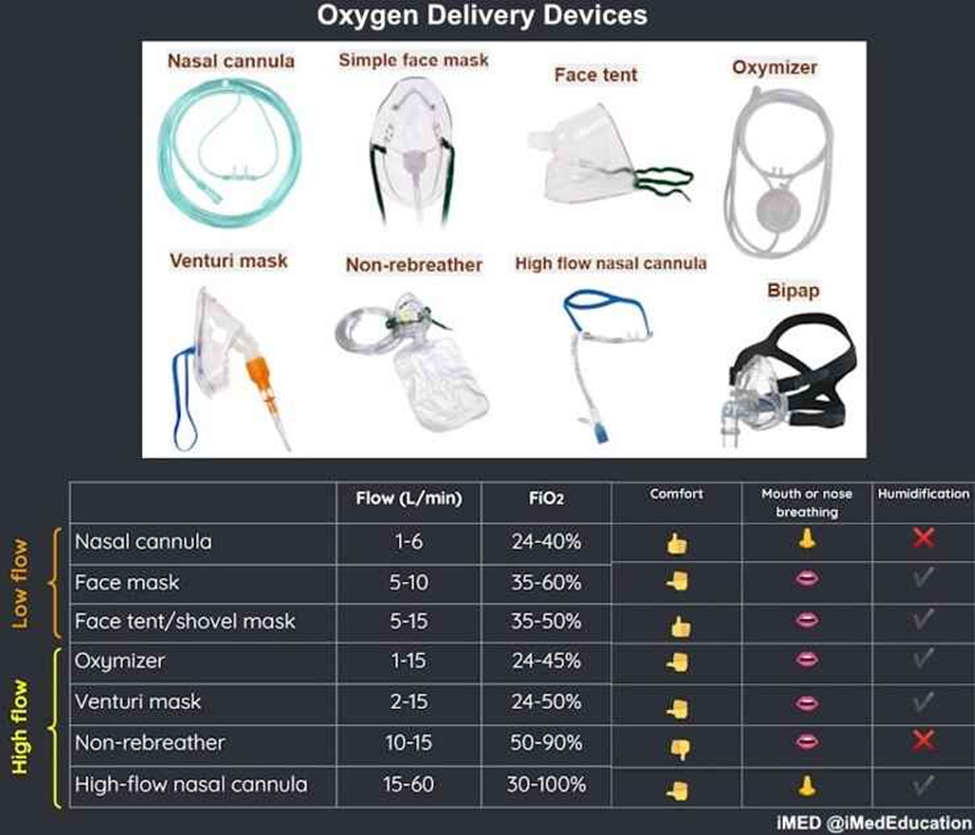The nurse is planning the care of a client with heart failure. The nurse should identify what overall goals for the client’s care? (SELECT ALL THAT APPLY)
Limit physical activity
Prevent endocarditis
Relieve the patient’s symptoms
Extend survival
Improve functional status
Correct Answer : C,D,E
A. Limit physical activity
Limiting physical activity is not a primary goal in heart failure care. In fact, promoting appropriate and monitored physical activity is often part of the overall management plan. Exercise, when tailored to the client's condition, can improve functional status and quality of life.
B. Prevent endocarditis
While preventing endocarditis is important for individuals with certain cardiac conditions, it is not a primary goal in the care of heart failure. The focus is typically on optimizing cardiac function and managing heart failure symptoms.
C. Relieve the patient’s symptoms
Managing and relieving symptoms, such as dyspnea, fatigue, and fluid retention, are crucial goals in heart failure care. This includes optimizing medication management and other therapeutic interventions.
D. Extend survival
While heart failure is a chronic condition, the goal is to optimize treatment to improve the client's prognosis and overall survival. This involves the use of evidence-based therapies to address the underlying causes and contributing factors.
E. Improve functional status
Enhancing the client's ability to perform activities of daily living and improving functional capacity are important goals. This can involve a combination of medications, lifestyle modifications, and rehabilitation.
Nursing Test Bank
Naxlex Comprehensive Predictor Exams
Related Questions
Correct Answer is B
Explanation
A. Intermittent claudication:
Intermittent claudication is more commonly associated with peripheral arterial insufficiency rather than venous insufficiency. It is caused by inadequate blood flow to the muscles during activity, resulting in cramping or pain that typically resolves with rest.
B. Brownish discoloration to the legs:
Brownish discoloration to the legs, often referred to as hemosiderin staining, is a common finding in peripheral venous insufficiency. It occurs due to the breakdown of red blood cells and the deposition of hemosiderin in the tissues, especially around the ankles.
C. Weak or absent pedal pulses:
Weak or absent pedal pulses are more indicative of peripheral arterial insufficiency rather than venous insufficiency. Peripheral arterial disease can result in decreased blood flow to the extremities, leading to diminished pulses.
D. Unequal peripheral pulses between extremities:
Unequal peripheral pulses between extremities are also more suggestive of arterial insufficiency. Conditions such as atherosclerosis or arterial embolism can cause variations in pulses between different limbs.

Correct Answer is C
Explanation
A. Partial non-rebreathing mask:
This mask delivers higher concentrations of oxygen than a nasal cannula. It has a reservoir bag that allows the client to rebreathe some exhaled air, increasing the oxygen concentration delivered. However, it may not be necessary for a client with mild shortness of breath and slightly reduced oxygen saturation.
B. Simple (Oxy Plus) mask:
The simple mask provides a higher concentration of oxygen than a nasal cannula but lacks the reservoir bag found in the non-rebreathing mask. It is generally used for moderate oxygen needs. However, it might be more than what is required for a client with mild shortness of breath and slightly reduced oxygen saturation.
C. Nasal cannula:
Nasal cannulas are commonly used for clients with mild respiratory distress. They deliver a lower to moderate concentration of oxygen and are well-tolerated by most clients. They are suitable for individuals with mild shortness of breath and can be adjusted based on the required flow rate.
D. Non-rebreathing mask:
The non-rebreathing mask provides the highest concentration of oxygen among the options listed. It includes a reservoir bag to deliver a higher oxygen concentration. It is typically reserved for clients with higher oxygen requirements. For a client with mild shortness of breath and slightly reduced oxygen saturation, this may be more than necessary.

Whether you are a student looking to ace your exams or a practicing nurse seeking to enhance your expertise , our nursing education contents will empower you with the confidence and competence to make a difference in the lives of patients and become a respected leader in the healthcare field.
Visit Naxlex, invest in your future and unlock endless possibilities with our unparalleled nursing education contents today
Report Wrong Answer on the Current Question
Do you disagree with the answer? If yes, what is your expected answer? Explain.
Kindly be descriptive with the issue you are facing.
